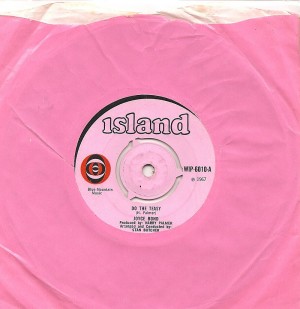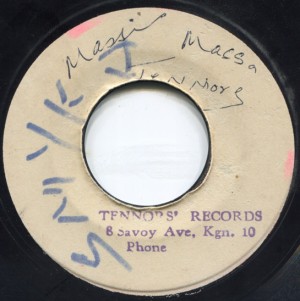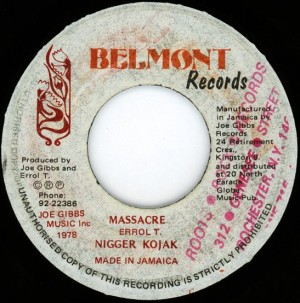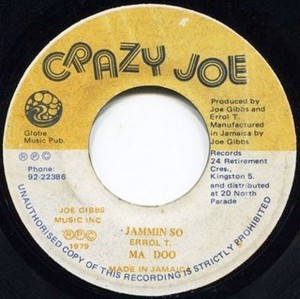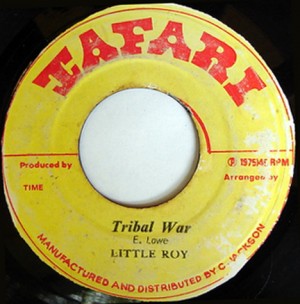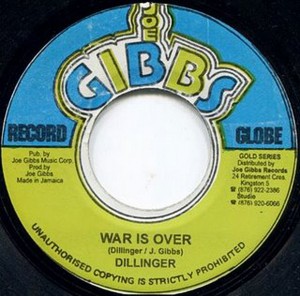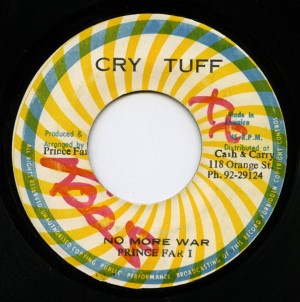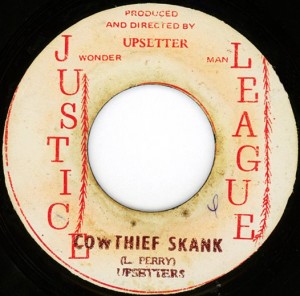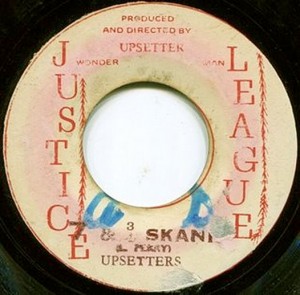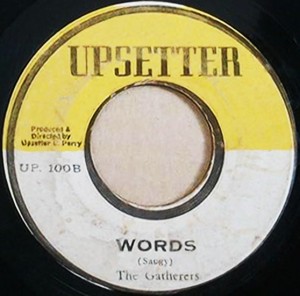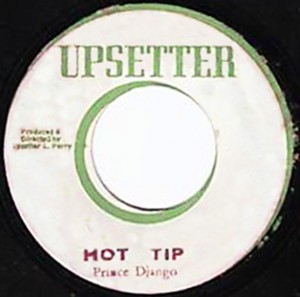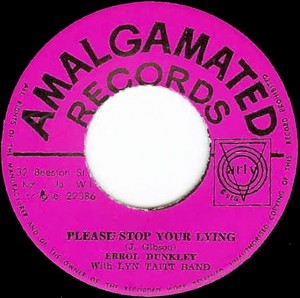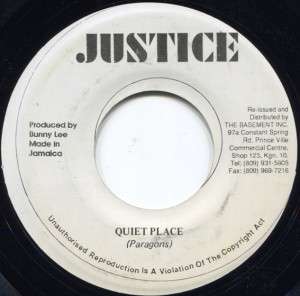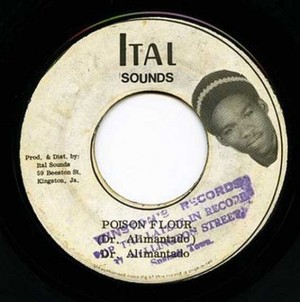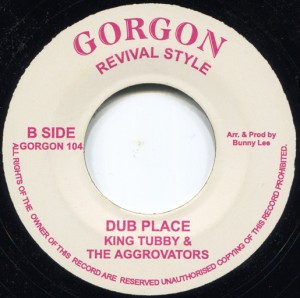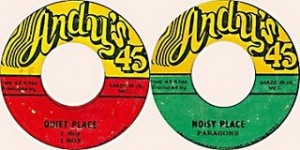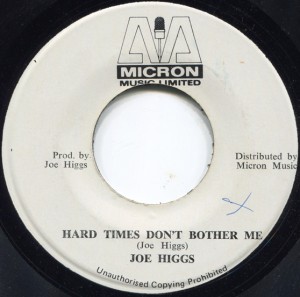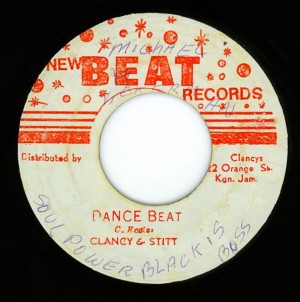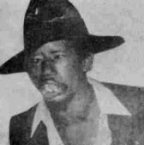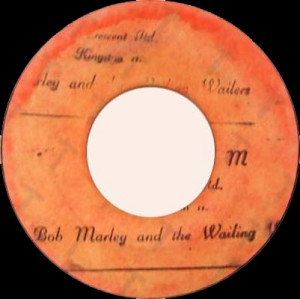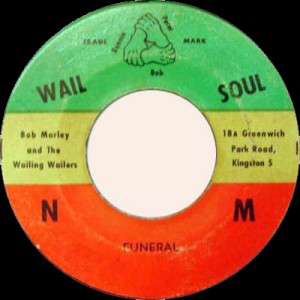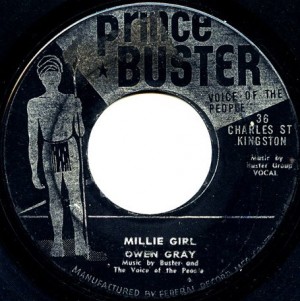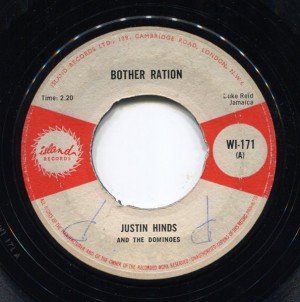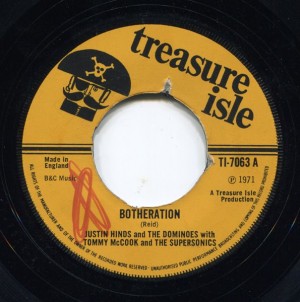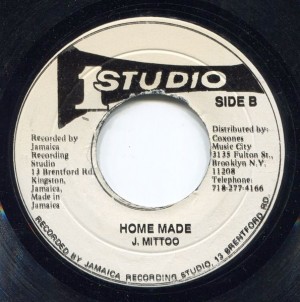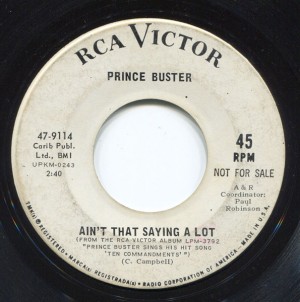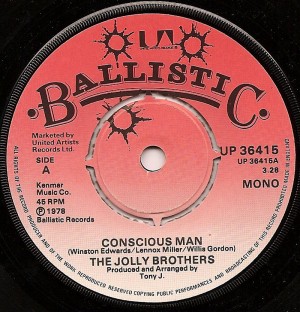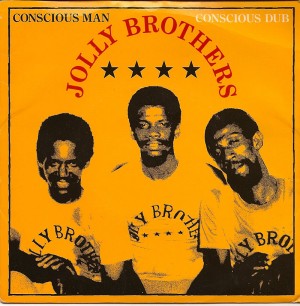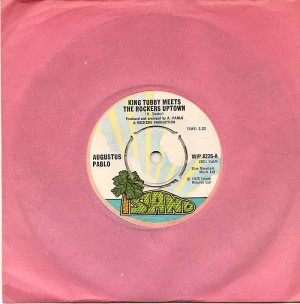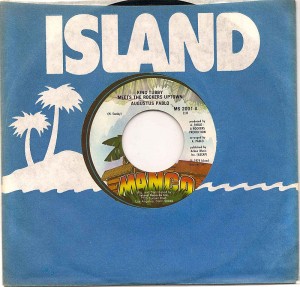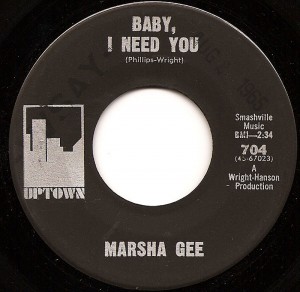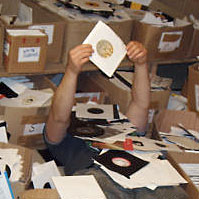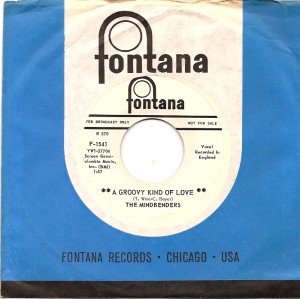
Listen: A Groovy Kind Of Love / The Mindbenders
A
Listening to BBC2 a few weeks back, I was loving that ‘Days’ by The Kinks just normally got a spin. Immediately followed by The Mindbenders ‘A Groovy Kind Of Love’, I realized once again, England was always a natural habitat for me. Had I been a native, I could’ve simply turned on the radio in the car for musical bliss.
Despite ‘A Groovy Kind Of Love’ becoming a massive mainstream hit, reaching #2 in both the US and England, it still sounds freaking great every time. Talk about an intro. I was on the phone with Duane when the above Kinks/Mindbenders segue went down and had to take a breather for a brief moment as it happened.
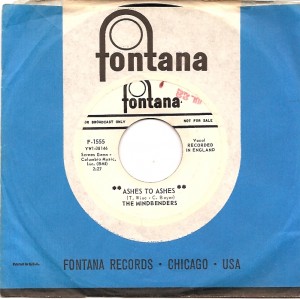
Listen: : Ashes To Ashes / The Mindbenders
A
Beginning with ‘Ashes To Ashes’, The Mindbenders’ success began an unfair linear downward erosion, with each single being played less and achieving lower and lower chart numbers each time, then no chart placings at all. The trajectory was softer in the UK, but more severe here, with this single being the big hit’s followup and doubling as The Mindbenders’ last US chart entry (#44. ’66). It worked out fine in the end for the fellows. Basically, they turned into 10cc.
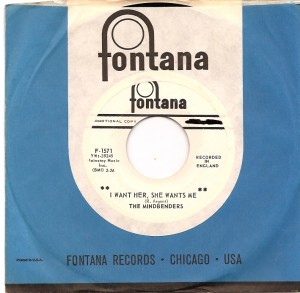
Listen: : I Want Her, She Wants Me / The Mindbenders
I
Most obscure is their US pressing of ‘I Want Her, She Wants Me’, Rod Argent’s’ song from The Zombies’ ODDYSSEY AND ORACLE. They deserve an A+ for cover choice, this version being as equally necessary to a full, healthy life as the original. Admittedly, the band suffer from the lack of Colin Blunstone’s angelic voice on this one, a set back not only for The Mindbenders, as well, for every other musical combo till the end of time.
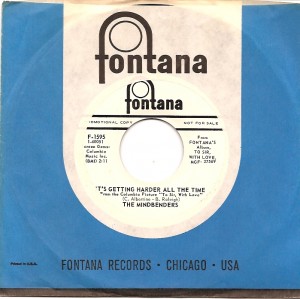
Listen: : It’s Getting Harder All The Time / The Mindbenders
MindbendersHarder.mp3
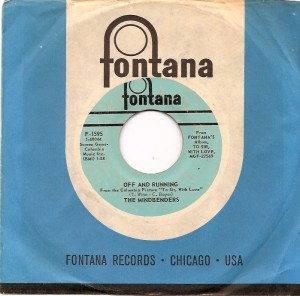
Listen: : Off And Running / The Mindbenders
Off
They landed a two song technicolor spot in the classic TO SIR WITH LOVE film, performing ‘It’s Getting Harder All The Time’ and ‘Off And Running’. But despite the movie’s success, and character lead, Lulu, achieving her US #1 as a result, unbelievably it did The Mindbenders zero good in ressurecting their US presence.
Almost cookie cutter in beat group song perfection, Fontana US issued both tracks as a double A side. Promos occasionally turn up, but stock copies are very thin on the ground. Despite my constant search through the years for such a pressing, I only found one a recently, pictured above.
